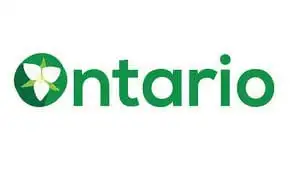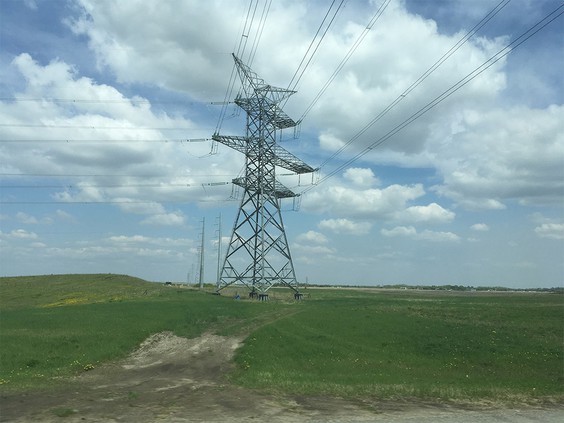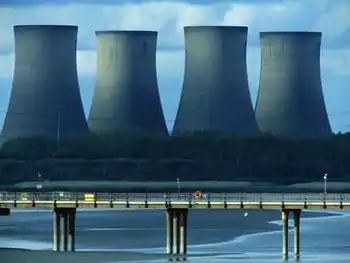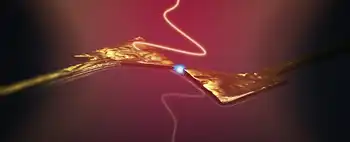Cevital looks to enter solar power business
By Industrial Info Resources
Substation Relay Protection Training
Our customized live online or in‑person group training can be delivered to your staff at your location.

- Live Online
- 12 hours Instructor-led
- Group Training Available
According to Cevital Renewable Energies Project Manager Boukhalfa Yaici, the project has an estimated cost of $8 billion, and the solar power generated will be exported to European customers. The electricity generated from the project would be the equivalent of that produced by a mid-tier nuclear power plant.
Foreign investors are keen to cash in on the abundant sunlight available in North African countries to supply electricity to Europe. However, in spite of the fact that many such internationally funded projects are under way in countries such as Morocco, the Algerian government itself is averse to encouraging such foreign invested projects in the country. This is primarily because the country wishes to nurture and enhance indigenous projects.
Yaici said, "What will determine the speed is the contribution of European Union companies to developing this energy project. Our partners can contribute through the construction of undersea lines, for example, from Algeria to Italy and Spain. All options are on the table."
Cevital is part of the consortium comprising the solar power enterprise known as the Desertec Industrial Initiative GmbH DII. The consortium consists of many European companies, including electronics and electrical engineering company Siemens AG, electricity and gas transmission firm RWE AG and global investment bank Deutsche Bank AG, and the Desertec Foundation.
DII is promoting the Desertec concept in a bid to utilize solar energy in the North African and Middle Eastern deserts. The $400 billion Desertec consortium will use solar power from deserts such as the Sahara and work to generating the electricity that will contribute to 15 of Europe's power requirements by 2050.
However, in spite of the fact that Cevital is a member of the consortium, the Algerian government is restricting investments by foreign firms and is reported to have said that it does not desire to have "foreigners exploiting its solar energy resources." However, the government is open to such projects and investments in the country if domestic firms play a pivotal role in them.
Mirroring the government's thoughts, Yaici said that Cevital's planned solar power complex will be in line with the government's policy of promoting home-grown firms and encouraging exports other than the oil and gas arena, which is most prominent in the country today. "It would be good to find a viable alternative solution to make possible these kinds of exports. Cevital aims to be the biggest exporter of non-hydrocarbon products," Yaici said.
Yaici did not elaborate on how the company's solar power project would meld in with the DII project. But he did stress the fact that the DII project still had Cevital support.
Meanwhile, in response to allegations that the DII project will inevitably exploit the resources of developing nations, Yaici countered by assuring local media that the project would provide solar-generated electricity to a large portion of North Africa. In addition, it would also aid the development of domestic industries involved with renewable energy.
"Many components can be made locally. We want to be an industrial partner for this project," Yaici said. "The Desertec project is feasible and profitable for both exporters and importers. Financial problems will not arise."
Cevital is involved in the sugar refining industry, automobile imports, the vegetable oil and margarine industry, and hypermarkets.











